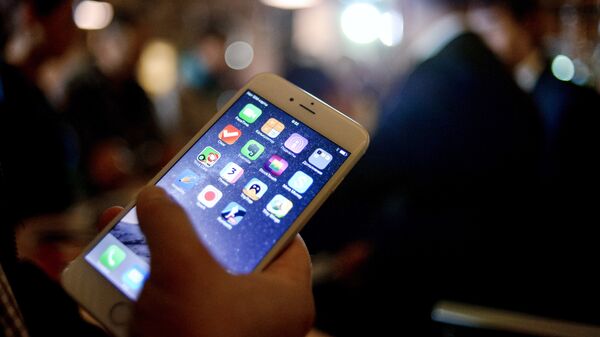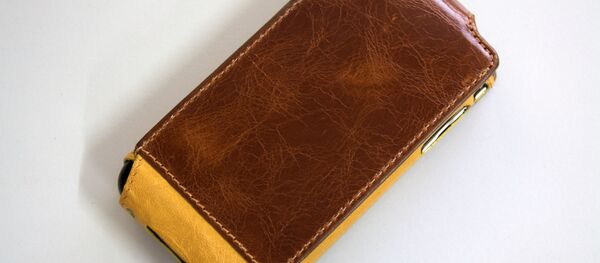Apple is expected to appeal to the higher authorities — namely, Beijing Higher People's Court and the Supreme People's Court — in attempts to keep its two handsets available in Beijing. The company expects the higher courts to cancel the Office's ruling, calling it a regular practice.
China bans iPhone sales, cites similarities to existing Chinese phone the "shenzhen baili 100c" pic.twitter.com/cpQacfetKl
— Gino Giannoni (@NorCalGino) 17 июня 2016 г.
However, according to Bloomberg, if the case turns out badly for Apple, this could create a precedent for lawsuits Apple can face in the future.
This ruling affected Apple's shares, as they dropped 2.1 per cent in New York Friday, Bloomberg reports. This happened despite the company's spokeswoman Kristin Huguet's statement that all models of iPhone 6 family are currently available for sale in China.
"iPhone 6 and iPhone 6 Plus as well as iPhone 6s, iPhone 6S Plus and iPhone SE models are all available for sale today in China. We appealed an administrative order from a regional patent tribunal in Beijing last month and as a result the order has been stayed pending review by the Beijing IP Court," she said.
"Large companies will always be reluctant to settle if they feel they don't have a case to answer, but the Chinese market is so strategic to Apple that if they have to settle, they will," said Ben Wood, an analyst from CCS Insight.
"Typically these sorts of legal spats are a game of brinkmanship," he added.
This is the last in a series of setbacks the company suffered in China. Just last month, Apple lost the exclusive rights to the name "iPhone" in China, after a ruling by the Beijing Municipal High People's Court favored local leather goods maker. In 2013, state media accused the company of shoddy customer service and inadequate warranties, prompting an apology from Chief Executive Officer Tim Cook.



